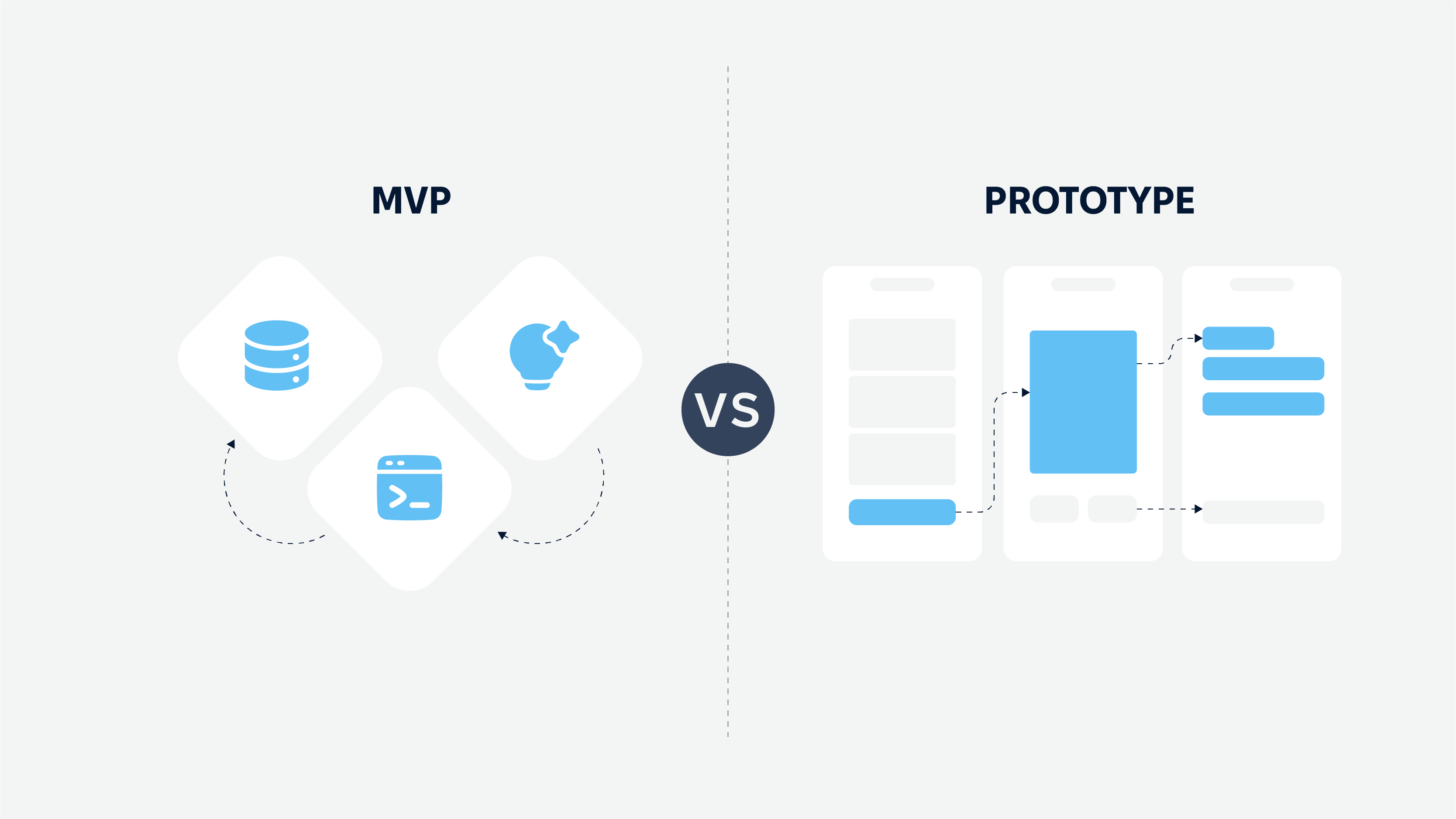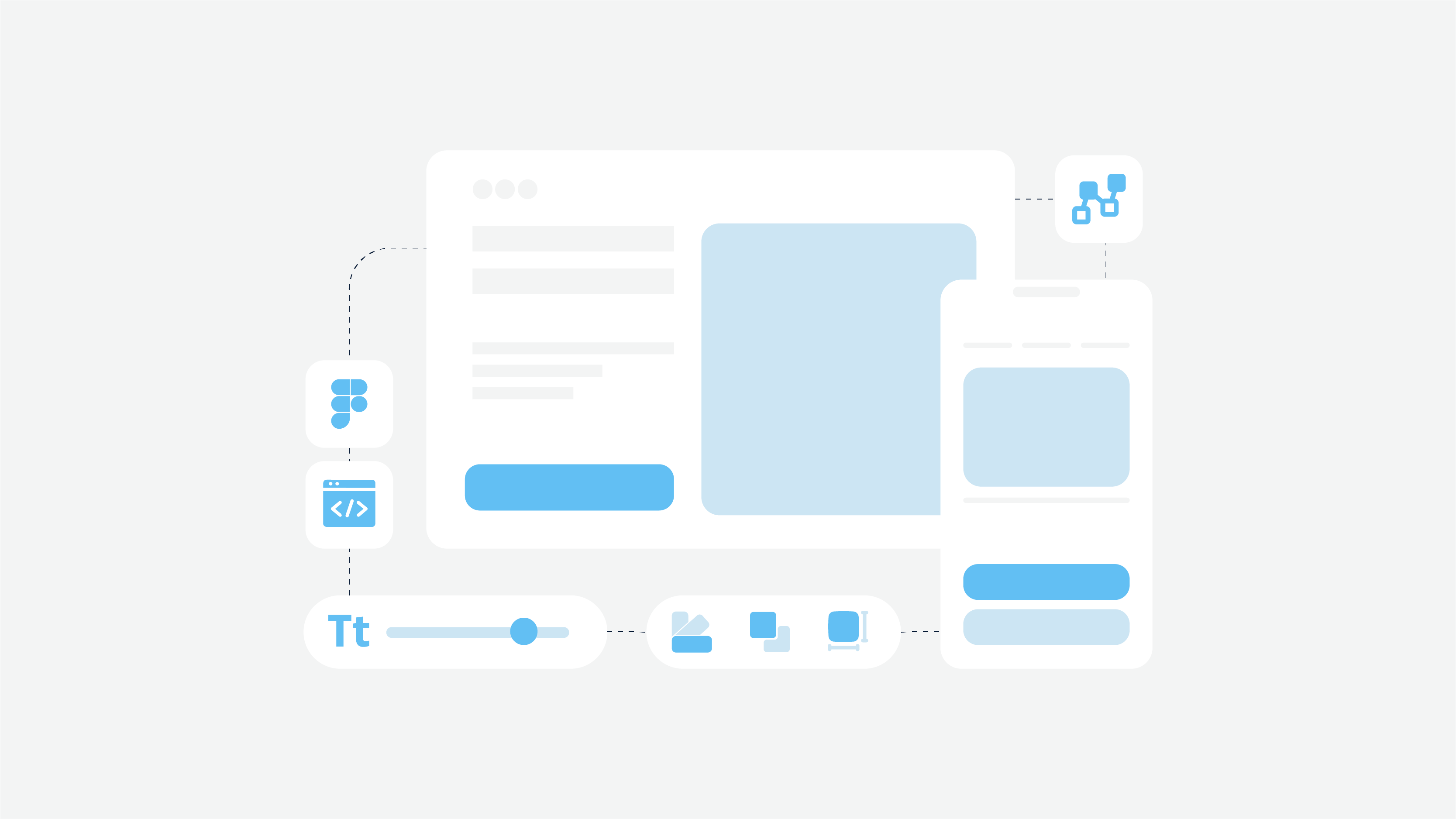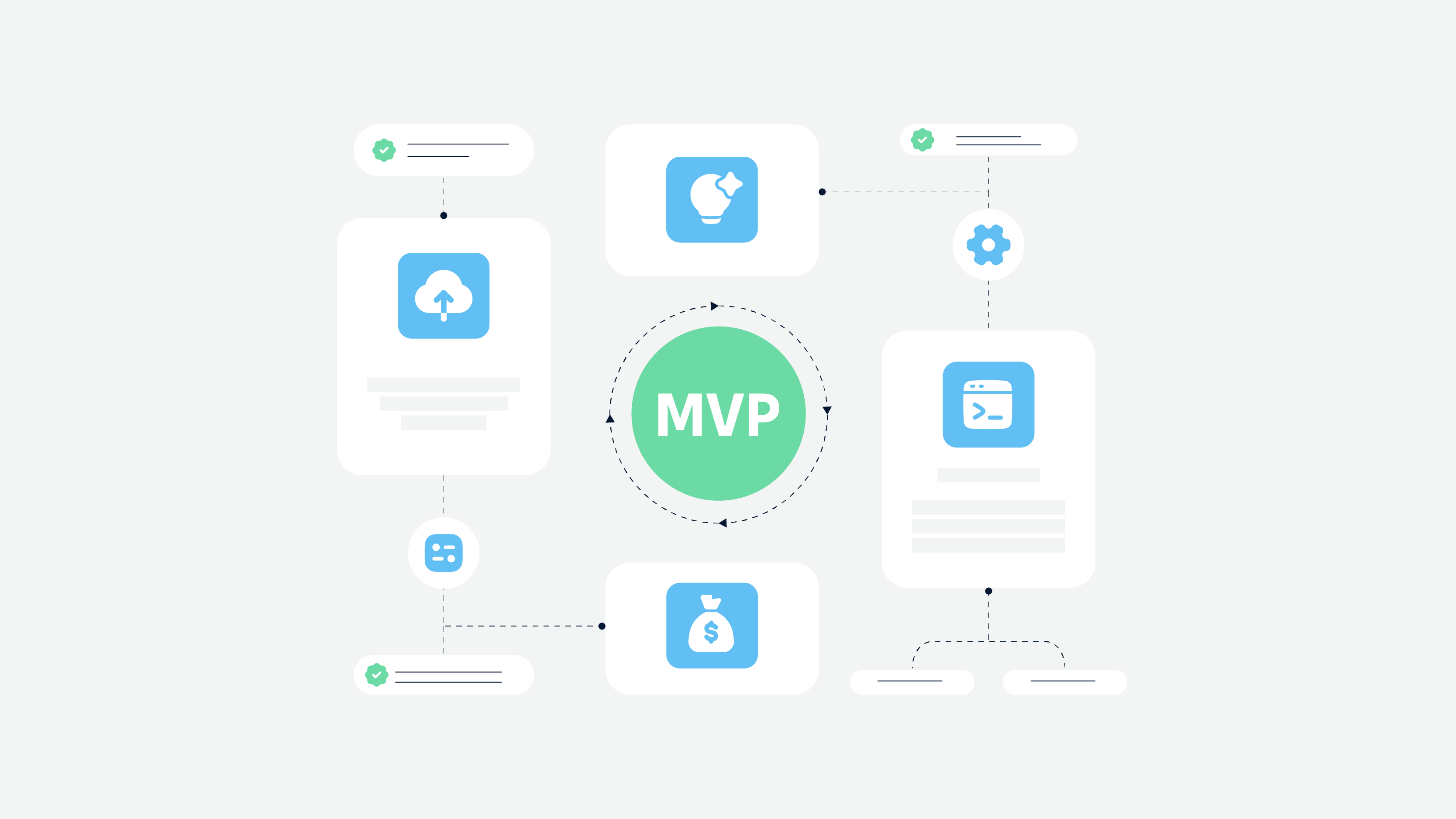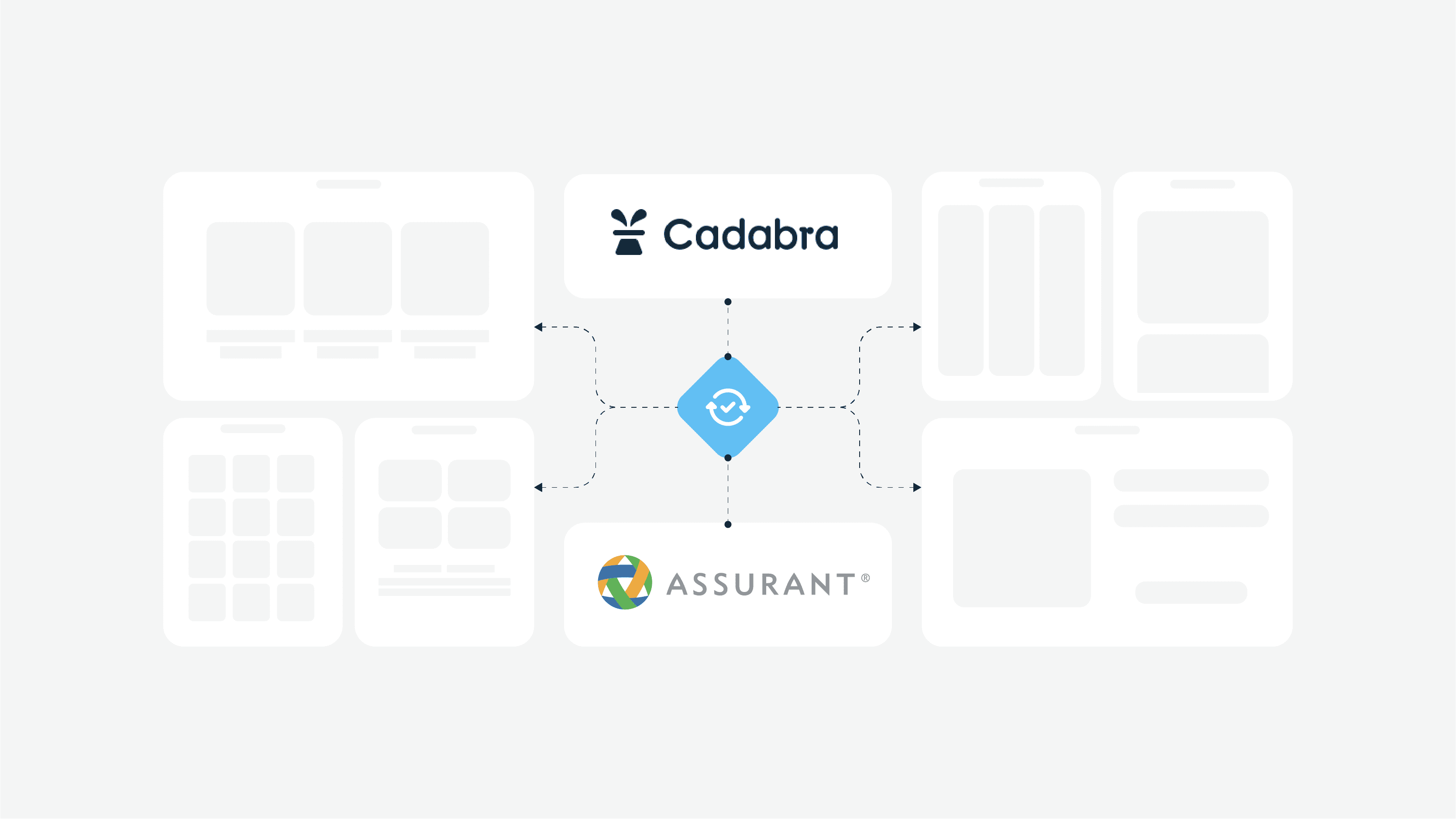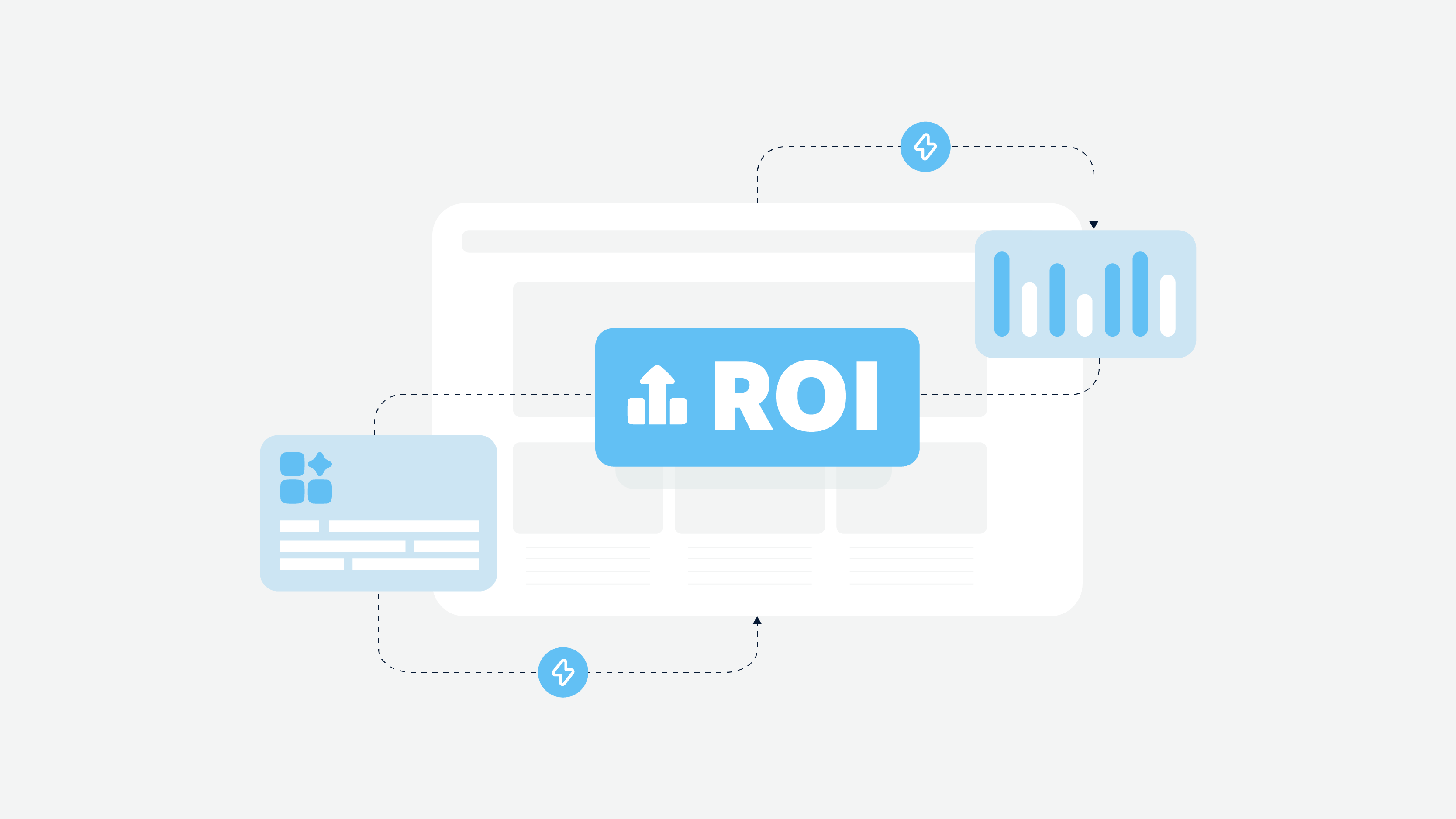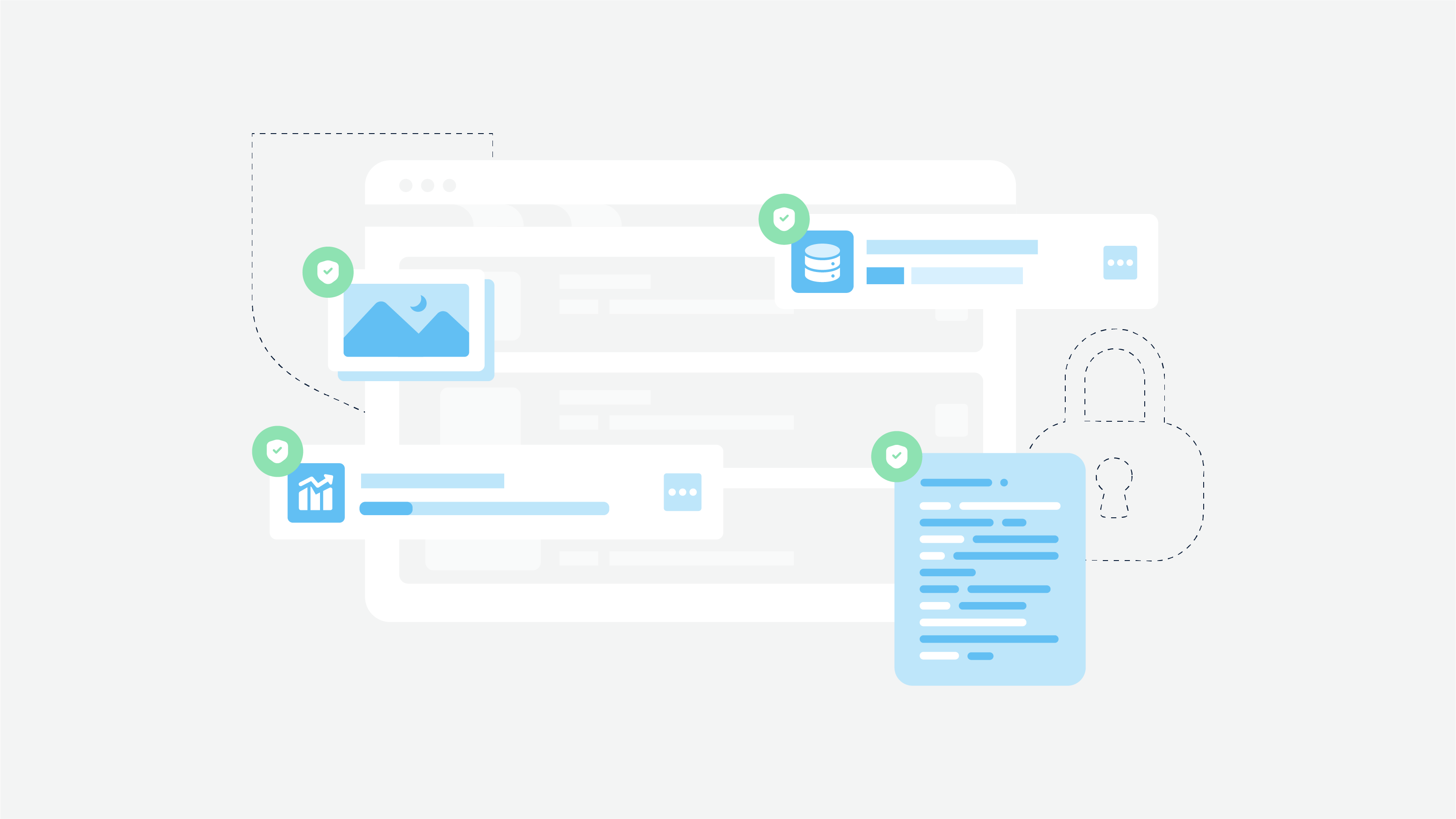If you remember, we have recently published an article about the importance of SDLC (software development life cycle). And the quality assurance testing stage is a required stage the software development team must follow. Besides, if this stage was ignored, you wasted your time and money because other stages already have no sense.
We will reveal why QA is important in SDLC, the QA team’s responsibilities, the QA role, testing types, etc., in this extensive guide.
What Is Quality Assurance In SDLC?
Software quality assurance (SQA) is a crucial process that must be implemented during the software development life cycle. The primary purpose of QA is to ensure that the software meets planned functionality, bug-free, and it will be working flawlessly under different circumstances.
If you plan to transform your business and go online (today, it is an integral part, if you want to achieve success), you need to build web or mobile software according to your business’s needs. And it is highly critical that your software was created without defects. That is where the development team needs QA.
QA in IT is integrated into all development stages, and it is used even after the post-release stage. QA specialists create and implement various strategies for software quality improvement. They apply the required testing types to ensure that the software will function correctly — this stage is called quality control (QC).
Types Of QA Testing
We need to focus on QA testing types in SDLC more and explain what types exist and how they are used. Only then can the QA role be understood. The software testing process is usually classified into two categories: functional testing and non-functional testing.
Functional testing implies the testing of functional software aspects. Functional testing types show the internal behavior of the software and how it may interact with other systems.
Functional testing includes the following types:
- Unit testing
- Integration testing
- End-to-end testing
- System testing
- Smoke testing
- Sanity testing
- Acceptance testing
- Regression testing
- White box and black box testing
- Interface testing
Functional testing can be performed both manually (so QA engineers do everything manually step by step) and with the help of automated testing (relevant software conducts the testing of your software, and then the QA engineer gets a result).
Non-functional testing implies testing of how the system works, how non-functional aspects of the software like performance, usability, security, etc., show themselves.
Non-functional testing helps QA engineers improve your software to a great extent, and it is always a second step after the non-functional testing, but vital nonetheless. And it is always performed using automation tools since it is a rather complicated process, and manual tests will take too much time and effort.
Non-functional testing includes the following testing types:
- Performance testing
- Security testing
- Load testing
- Reliability testing
- Usability testing
- Scalability testing
- Compatibility testing
- Volume testing
- Stress testing
- Maintainability testing
- Compliance testing
- Efficiency testing, etc.
Do you need proper quality assurance and bug-free software? Contact Cadabra Studio — our specialists will help you remove all defects and make top-notch software.
What Specialists Make a Quality Assurance Team

Each software development company may include different QA specialists, but Cadabra Studio knows precisely what professionals we need if we want to pay rapt attention to the testing process.
- QA analyst. QA analyst is a position close to the business analyst. Analyst collects all project information, evaluates its risks and weak sides, and creates documentation to describe a detailed analysis of future software development aspects QA engineers must pay attention to. If you want to know what business analyst does, here is the article about business analyst roles and responsibilities.
- QA lead. The team lead is the person who controls the whole team of QA specialists. Besides, the QA lead manages tests, creates test plans, processes the information received from QA analysts, keeps up with all deadlines to ensure the software will be tested timely.
- QA engineer. The specialist performs testing and does everything to improve the software quality and make it compliant with all the client’s requirements.
Responsibilities Of QA Team in IT
The scope of tasks QA specialists need to perform is really broad. The quality assurance team proves once again why the importance of QA in SDLC ranks one of the first positions.
- Test planning. QA analysts plan the testing process, what testing objectives must be met, and what approach is recommended to use.
- Early testing. QA engineers conduct early testing to detect bugs during the first development phase and speed up the development process.
- Test execution. QA engineers perform manual/automated testing using different types of testing according to the software particularities.
- Defects analysis. It is necessary to analyze all defects and identify the reason for their occurrence.
- Reporting. Specialists use bug tracking systems to create reports for developers with descriptions of bugs and defects to be fixed.
- Collaboration. The QA team collaborates with business analysts, project managers, developers, and clients to achieve the highest quality of a software product.
- Test summary report creation. When software is tested, QA engineers need to create a test summary report that shows the quality level of software.
What Is The Role Of QA In Project Development?
Quality assurance in the software development life cycle plays a crucial role at every stage of it. Cadabra Studio does its best to identify all defects and loopholes during software development, and we want to show it is performed in each stage.
- Requirement analysis. In IT, the QA team collaborates with business analysts to perform a feasibility study of requirements, analyze possible risks, create test plans, and build a strategy for a quality assurance testing approach (each project requires an individual approach due to its uniqueness), what testing types will be used, etc.
- Design. It is necessary to review the design, verify its testability, check whether the design architecture meets all functional and non-functional requirements. Also, QA specialists make Data Flow Diagram (DFD) together with UI/UX designers and document it. Finally, QA engineers test the design after its completion to imitate end-user behavior.
- Development. Quality assurance in software development may be performed once the software is created, or it is possible to use the TDD approach — test-driven development. TDD means that the software undergoes a testing process during the development after each iteration. At Cadabra Studio, we apply both methods depending on software particularities and the client’s demands.
- Post-release QA. Once the product is released, developers keep on maintaining it, and the QA team creates user guides and manuals of the product to deliver it to the end-user. Also, specialists draw up testing documentation to ensure that all bugs have been detected and everything is fixed.
Have no time to delve into the software development process but have some questions? Contact Cadabra Studio and our BD managers will give consult you.
What Is The Importance Of The Quality Assurance Process?

Why do we need QA in the SDLC process? This question is not rhetorical. There are a few apparent reasons not to ignore quality assurance and let your software development company apply all the necessary testing strategies.
It Saves Your Money And Reputation
And the latter is even more crucial. For example, if you built trading software (there is a comprehensive guide on trading platform development in our blog), and it was not tested properly, customers would lose their money. And even if you compensate for their damages, it will be impossible to save your reputation. Thus, quality assurance helps you detect all bugs before customers will face them.
It Prevents Emergency Situations
Imagine that you order the software development for internal use (like CRM), and your employees will use it for better communication with customers. One minor bug may lead to severe failures like data loss and communication breakdowns. Then, it will be more complex to recover the information without additional expenses.
It Increases Customer Loyalty
A bug-free software means that customers don’t have any trouble when they use your app. Moreover, if you respond to customers’ complaints and fix everything quickly, customers see that you respect them and provide the highest service level. As a result, customers become more loyal — additional profit for you.
It Contributes To a Larger Number Of Sales
Cadabra Studio is a professional company that knows how to make your software better. We know very well how terrible UX and bugs during order processing can make your customers leave the eCommerce website once and for all. Therefore, this process must be flawless and easy to let customers buy the product they need quickly. Perfect UX — more sales!
It Impacts Employees’ Productivity
Employees can work better and more efficiently when obstacles like software bugs don’t get in their way. Employees don’t waste their time trying to find out why their software fails and other challenges to keep on working. Again, the importance of software quality is indisputable.
It Makes Your Software More Secure
Finally, quality assurance contributes to more secure software, eliminating vulnerabilities and shortcomings to prevent malefactors’ attacks. The QA services cost is incomparable with possible financial losses your business may bear due to lack of reliable protection level.
Do QA With Cadabra Studio
Wrapping up, we can say that quality assurance has never been unnecessary. Moreover, if you found a software development company that ignores the testing stage and wants to convince you that everything will function correctly — stop cooperating with them. Quality assurance is a must-have stage every trustworthy company takes over.
And Cadabra Studio is not the exception. We pay a lot of attention to the software’s quality since each product is our reputation. We value it, and we want to build tight relationships with clients, not vice versa. Enough said. Welcome to contact us whenever you need — we will help you with the software development of any complexity.
Frequently Asked Questions
Quality control helps to find and fix bugs, errors, and shortcomings in the program code and design throughout the entire software development cycle. This helps to avoid wasted time and money and ensures that the end product is complete, safe, and competitive with off-the-shelf products on the market.
The undeniable advantages of QA in the software development process include improved process control, softer regulatory audits, increased employee involvement, and better training.
You can do without QA in the software development process. However, the final quality of the product, in this case, remains in great doubt. As a general rule, products that fail the QA phase fail 90% of the time.



